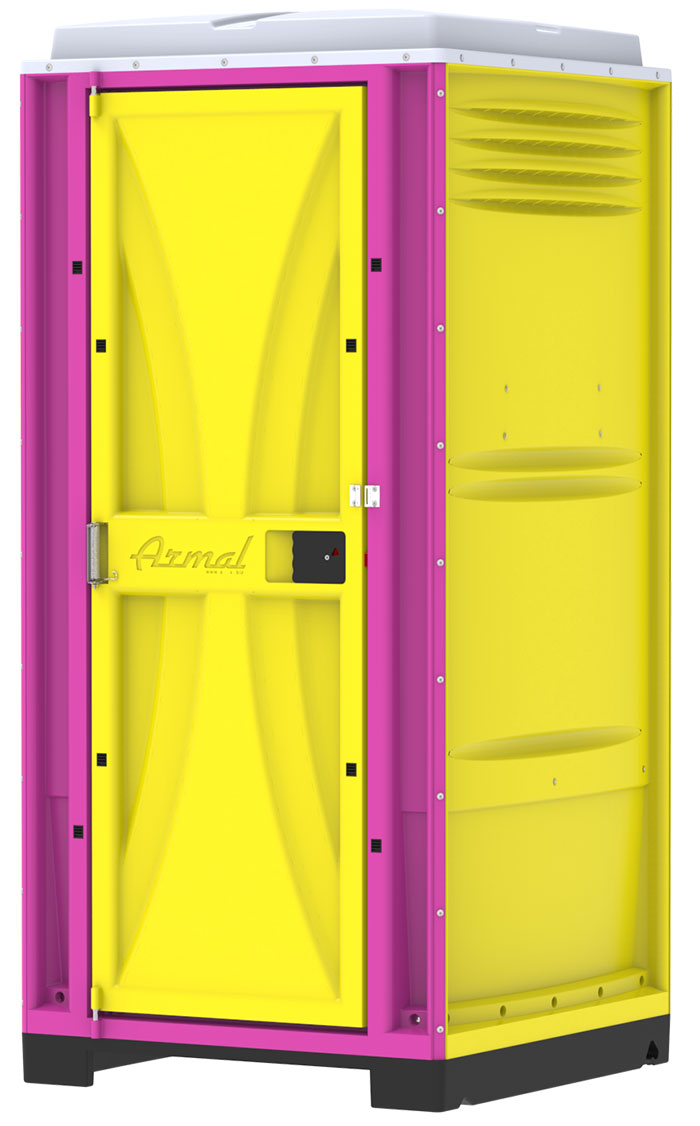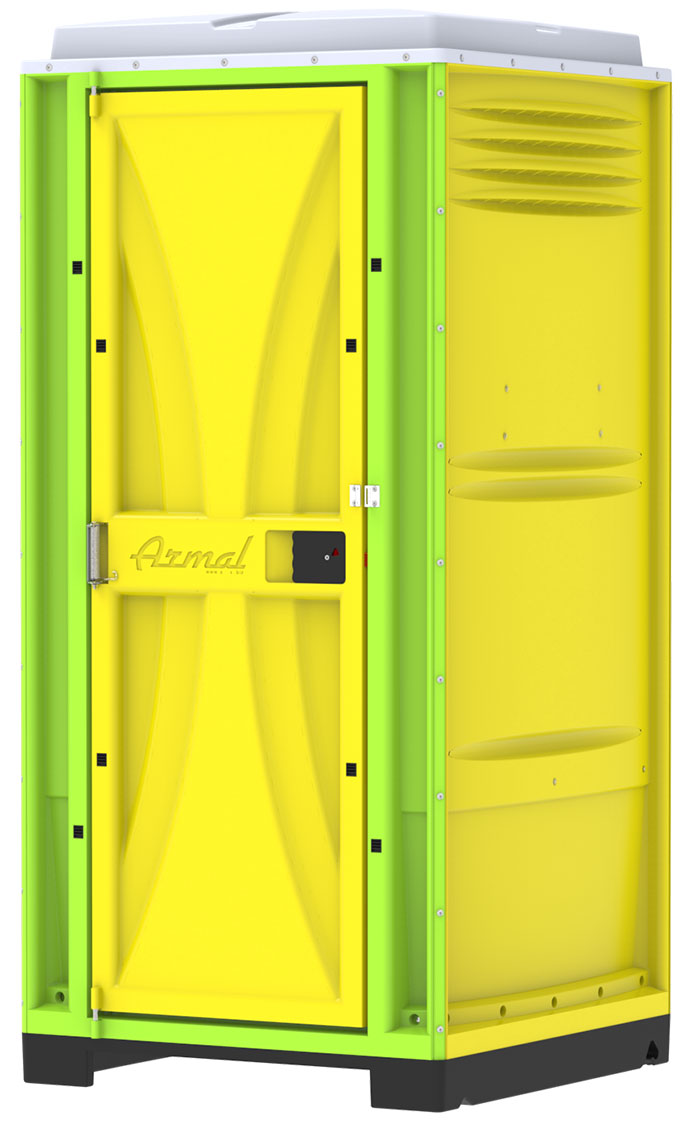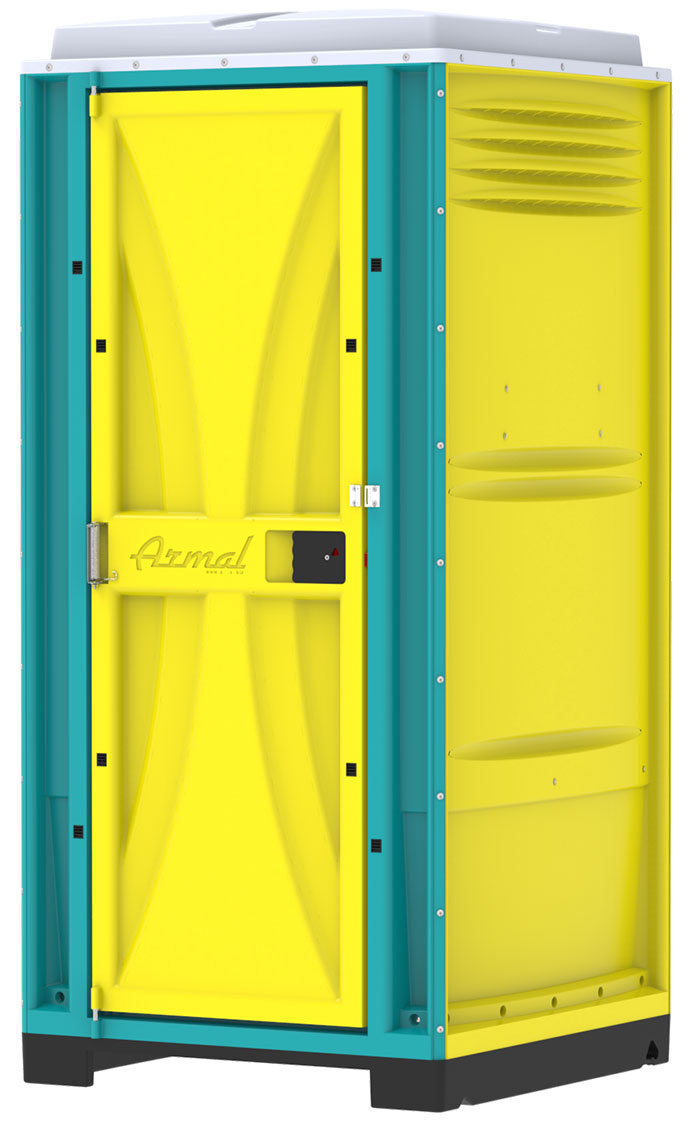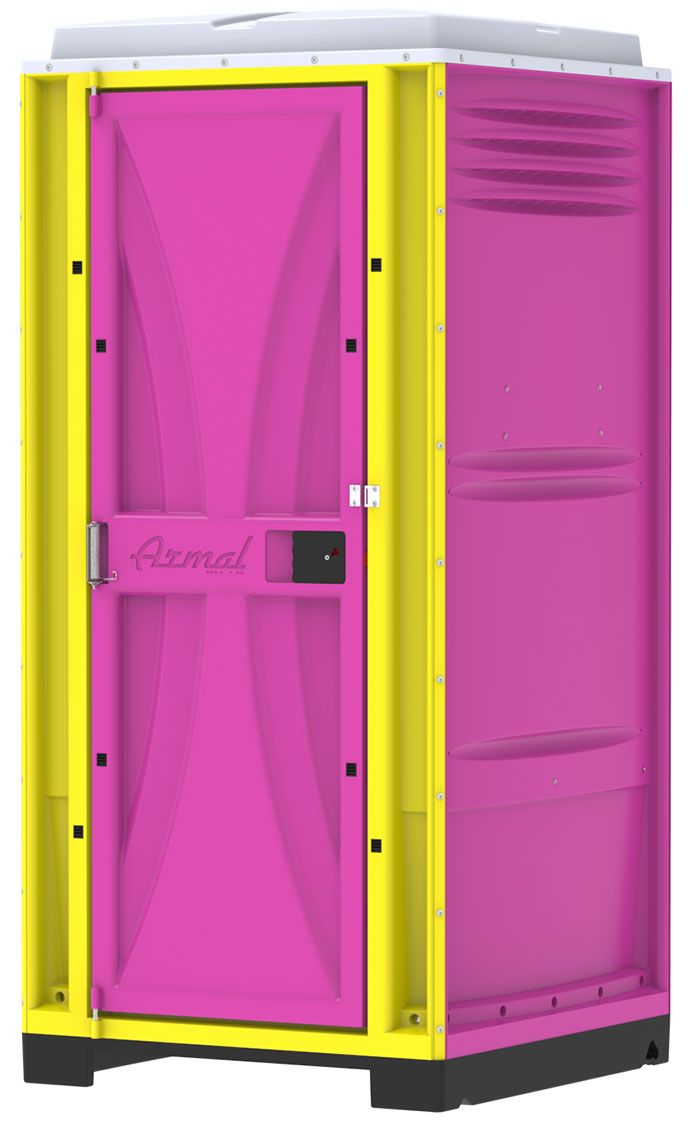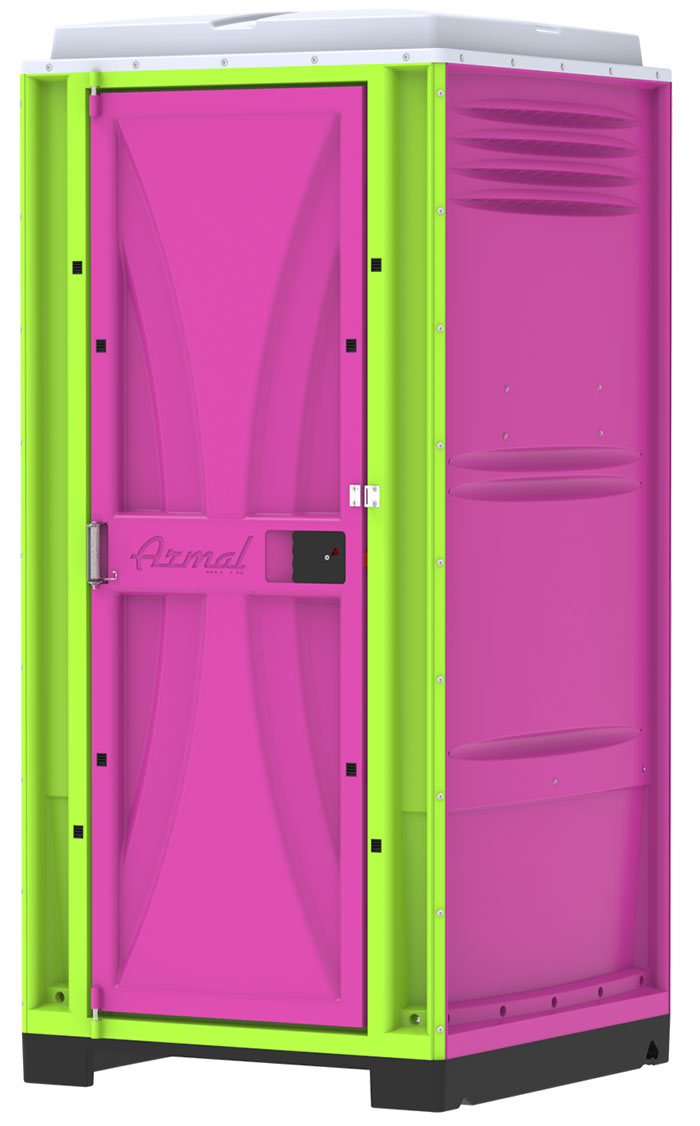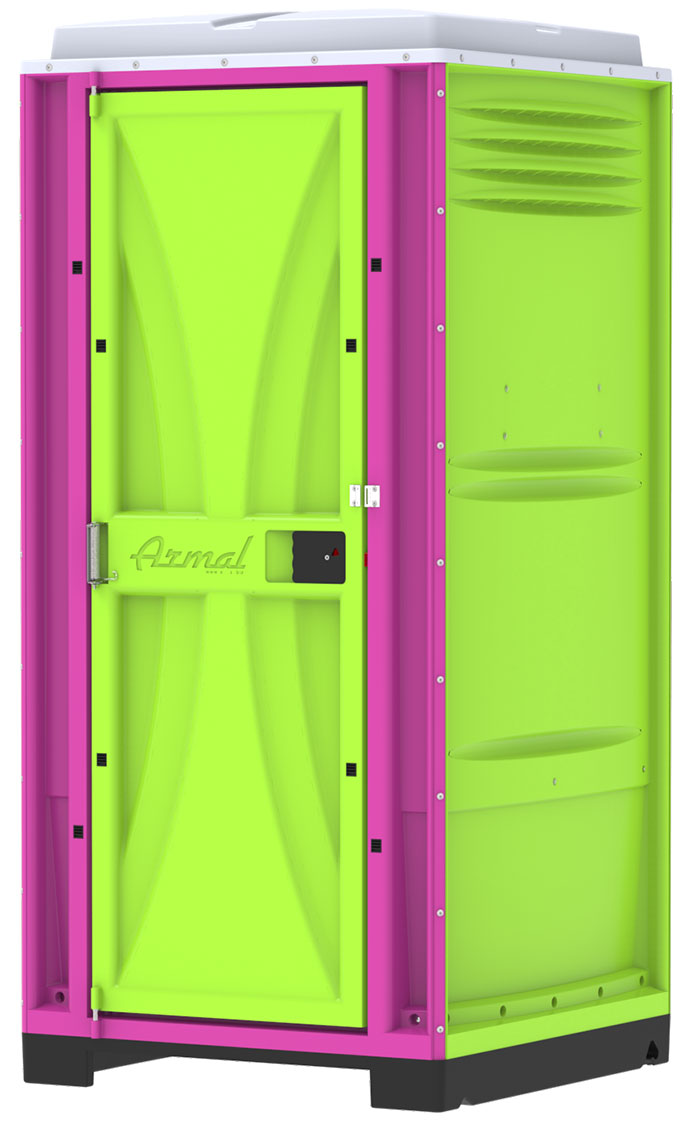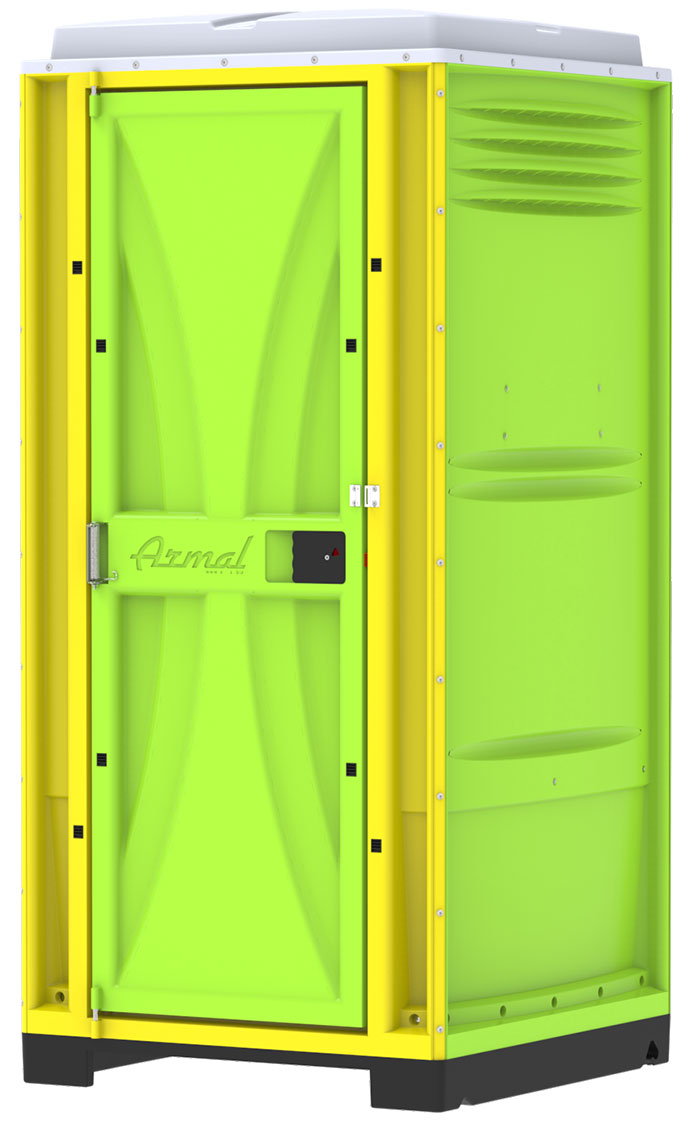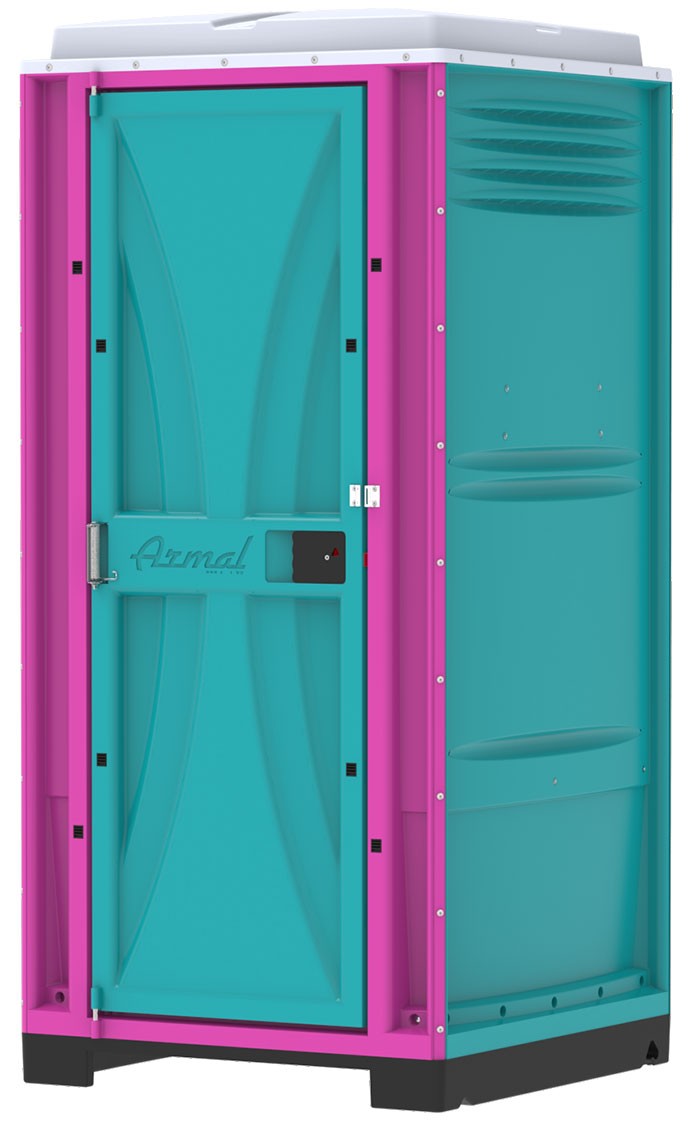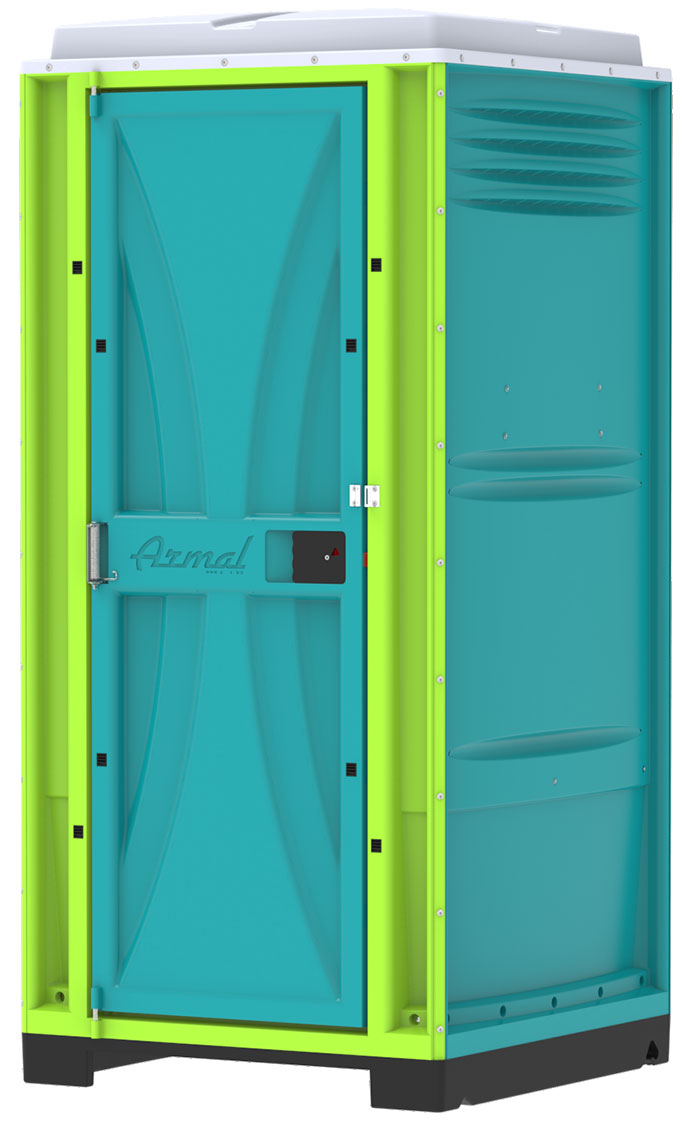//NEwS & EVENTS

- 30 03 2023
- News
Transitioning to a Circular Economy with Sustainable Manufacturing Practices
In the European Union, the volume of waste generated annually is staggering, exceeding 2.5 billion tons. In response, the EU is taking measures to update waste management legislation, advocating for the transition to a circular economy as an alternative to the traditional linear economic model.
Armal team is engaging in Sustainable Manufacturing Practices
At Armal, we recognize the importance of shifting to a circular economy and have embarked on a training path to better understand the principles and implement them in our manufacturing practices. We understand that the circular economy involves not only the recovery and proper disposal of products but also the design of products that prioritize circularity throughout their lifecycle. The circular economy is a production and consumption model that emphasizes sharing, lending, reuse, repair, refurbishment, and recycling of materials and products for as long as possible. By extending the lifecycle of products, waste is minimized, and the constituent materials can be reintroduced into the production cycle, generating further value. This approach can create more sustainable and efficient products and reduce energy and resource consumption, given that design decisions have a significant impact on a product's environmental footprint.
Driving Innovation through the Adoption of Circular Economy Principles
The adoption of circular economy principles could stimulate innovation and competitiveness, fuel economic growth, and create new job opportunities. For instance, it is estimated that the transition to a circular economy could create 700,000 jobs in the EU alone by 2030. Moreover, redesigning products and materials for circular use can spur innovation in various economic sectors, including manufacturing. In addition to its economic benefits, the circular economy can provide consumers with more durable, innovative, and cost-saving products, improving their quality of life. At Armal, we are committed to laying the groundwork for the portable sanitation products of the future, and we believe that adopting circular economy principles is the best way to achieve this goal.





